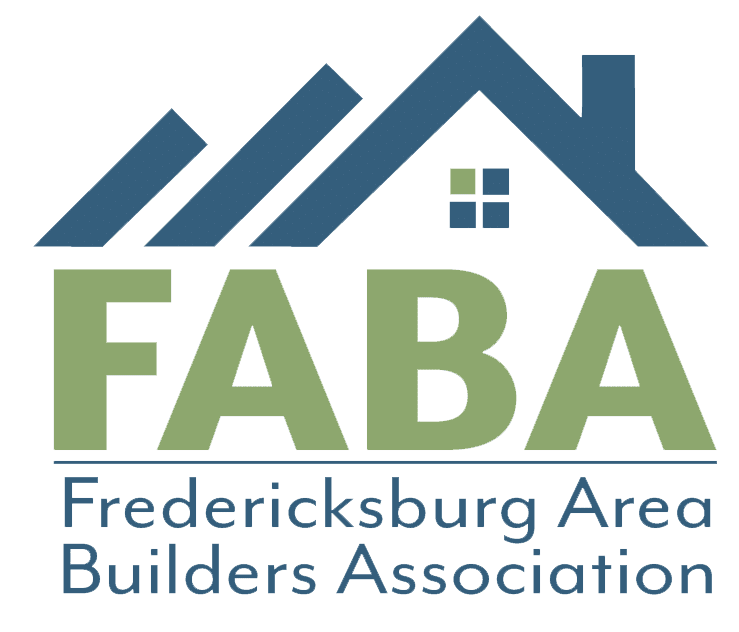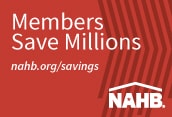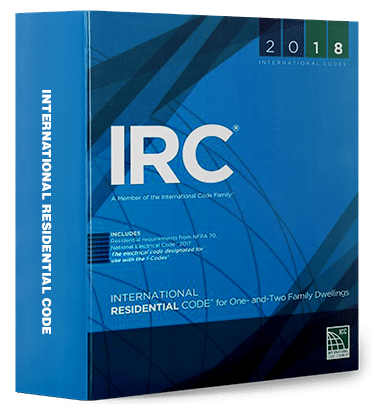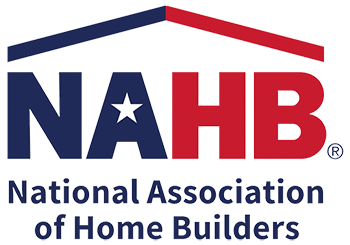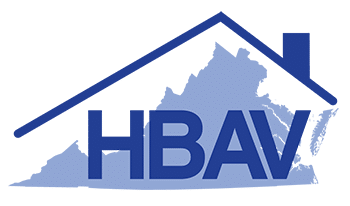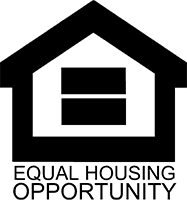The General Assembly has approved Governor Northam’s budget amendments (attached) which temporarily expands the authority for local governing bodies, planning commissions, local/regional boards and commissions, and common interest community associations to meet electronically for a broader scope of reasons (“the purpose of the meeting is to discuss or transact the business statutorily required or necessary to continue operations,”).
Given the varying interpretations of the Code of Virginia re: these entities authority to meet electronically to discuss land-use applications and other development/construction-related applications during the State of Emergency HBAV and other stakeholders advocated for amendments to ensure that local governments may resume their customary business during the State of Emergency. Although these amendments were intended to expand the authority for local governing bodies and appointed commission to meet electronically to review/take action on land-use applications (and other matters), it still remains to be seen how local governing bodies and local government attorneys interpret and implement the new statute.
Please keep HBAV updated on any discussions that are occurring in your localities/regions re: electronic meetings and/or action on land-use applications. We will be compiling a list of how each locality is proceeding under the new statutory authority.
More information below, for those that would like to review.
Background:
Governor Northam’s State of Emergency and recommendations from public health officials have prompted a statewide discussion regarding the legal authority for local governing bodies, planning commissions, and other local/regionals boards and commissions to meet electronically, conduct their customary business, and still comply with the Virginia Freedom of Information Act. HBAV joined several stakeholders in requesting a formal opinion from the Attorney General on the matter
On March 20th, Attorney General Herring issued a formal opinion which concluded that the Code of Virginia allows for electronic meetings during the Governor’s State of Emergency in the event that it was found to be unsafe to assemble in a single location AND that “the purpose of the meeting is to address the emergency”. The Attorney General’s opinion essentially placed the burden on local government attorneys to make a determination as to whether or not a public meeting(s) met those thresholds. The Attorney General also found that “…the General Assembly did not intend to permit public bodies to handle all business through electronic communication means, even during a declared emergency,”.
The Attorney General’s opinion has been interpreted and implemented in varying ways around the Commonwealth. Some localities have restricted public meetings solely to agenda items specifically related to the COVID pandemic – and have essentially delayed all consideration of land-use applications and other development-related reviews for the foreseeable future. Others have concluded that land-use applications and other economic development applications were considered to be “addressing the emergency” given that deferral or delay of those applications would worsen the negative economic impacts of the pandemic.
To help provide additional authority and clarity for local governments, HBAV and other stakeholders advocated for amendments to the State Budget which would temporarily expand the authority for local and regional boards and commissions to meet electronically for a broader scope of reasons (“the purpose of the meeting is to discuss or transact the business statutorily required or necessary to continue operations,”. As mentioned above, it remains to be seen how local government attorneys will interpret and implement this new authority.
Preston Lloyd and Valerie Long from Williams Mullen offered the following analysis in a recent publication:
Does “business statutorily required or necessary to continue operations” include public hearings for land use matters? Based on the Code of Virginia, local government attorneys can answer with a resounding “yes!” Consistent with the Dillon Rule of statutory construction, the powers of local governments are derived from the state, whether through special law in the form of charters or in the general law codified in the Code of Virginia. These acts confer authority upon local governments to conduct their business, subject to the local elected officials’ legislative discretion. Similarly, the Code confers upon local elected bodies, i.e. boards of supervisors and city/town councils, broad authority and discretion to make legislative land use decisions. Framed against the broad and exclusive authority delegated to local governing bodies to render land use decisions, the Governor’s language offers considerable clarification and comfort for local governments concerning the standard for electronic meetings during an emergency. Thus, conducting a public hearing via electronic means to consider land use matters constitutes a meeting to “transact the business statutorily required or necessary” of the public body, if, in the locality’s reasonable discretion, it determines that such land use matters are required or necessary business for that jurisdiction.
From a fiscal standpoint, the economic ramifications of the COVID-19 emergency add to the critical need for public hearings to proceed. The approval of land use entitlements for new development projects will catalyze direct investment in the jurisdiction, with a corresponding boost in real estate tax revenue that localities will need to refill their dwindling coffers in the wake of the pandemic. Conversely, the longer an elected body pauses hearings, the greater the lag on the fiscal recovery of the locality. Projects may take as long as two to three years or longer from the time of zoning approval to final completion and occupancy, so the increased assessment and corresponding payments will take time to be realized. This direct nexus between the daunting revenue losses being created during the emergency and the “necessary business” of the locality in replacing that revenue with new projects offers ample support to justify electronic meetings under the newly adopted standard.
Please continue to update FABA and HBAV with information from your local governments as they determine how best to proceed with electronic meetings and/or review of land-use applications.
